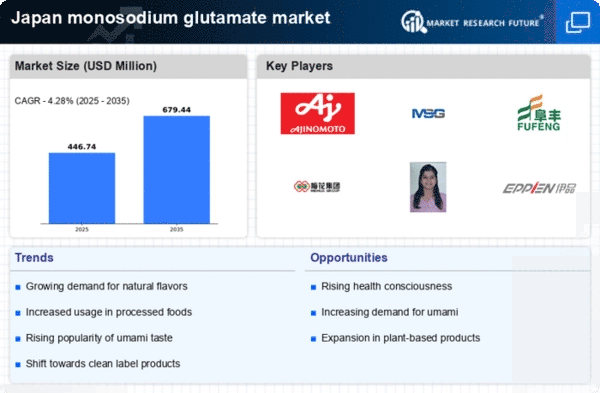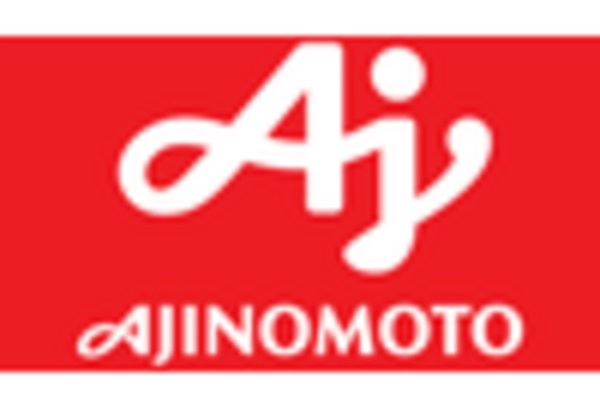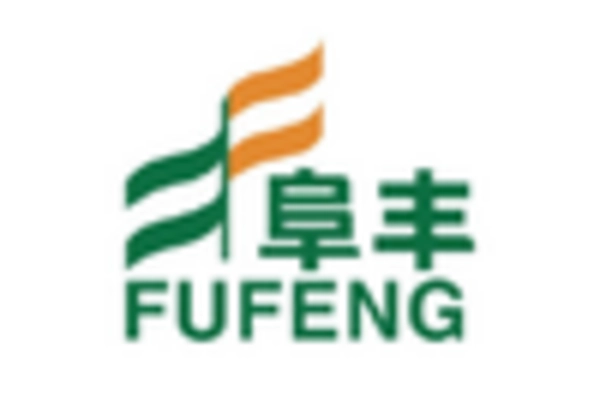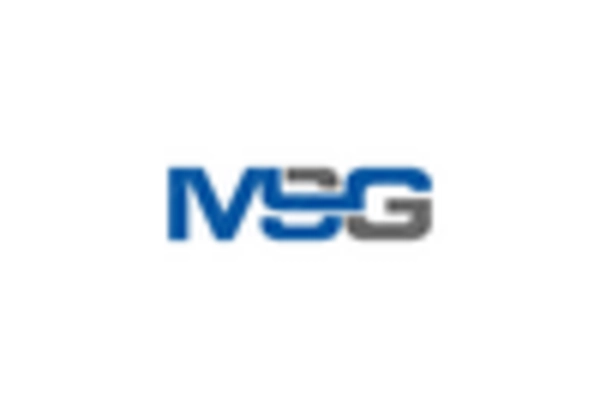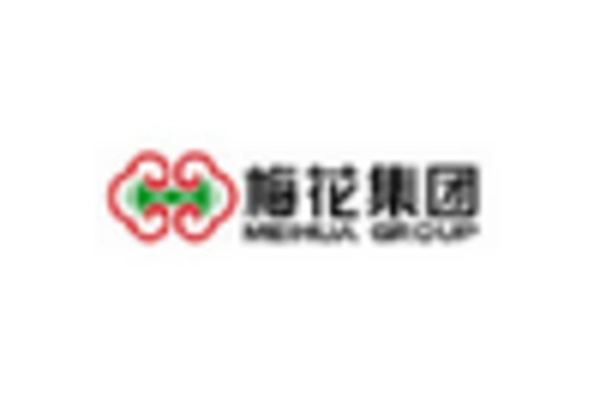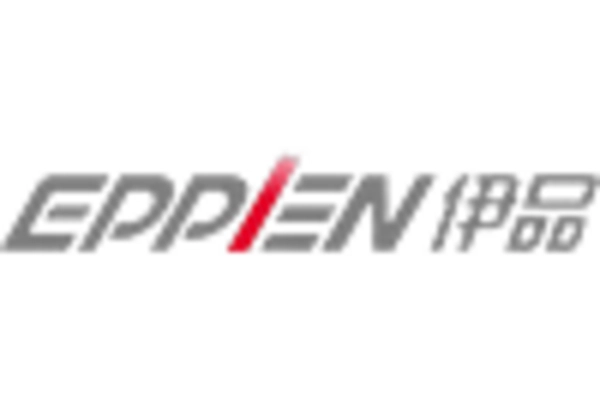The monosodium glutamate market in Japan is characterized by a competitive landscape that is both dynamic and multifaceted. Key growth drivers include the increasing demand for flavor enhancers in the food industry, alongside a rising consumer preference for umami flavors. Major players such as Ajinomoto (Japan), MSG Asia (Singapore), and Fufeng Group (China) are strategically positioned to leverage these trends. Ajinomoto (Japan) focuses on innovation and product diversification, aiming to enhance its market share through the introduction of new flavor profiles. Meanwhile, Fufeng Group (China) emphasizes regional expansion and supply chain optimization, which allows it to cater to a broader customer base while maintaining cost efficiency. Collectively, these strategies contribute to a competitive environment that is increasingly shaped by innovation and operational efficiency.In terms of business tactics, localizing manufacturing and optimizing supply chains are pivotal for companies operating in this market. The competitive structure appears moderately fragmented, with several key players vying for market share. This fragmentation is indicative of a landscape where no single entity dominates, allowing for a variety of strategies to coexist. The collective influence of these key players fosters a competitive atmosphere that encourages continuous improvement and adaptation to market demands.
In October Ajinomoto (Japan) announced a significant investment in a new production facility aimed at enhancing its capacity for monosodium glutamate production. This strategic move is likely to bolster its operational capabilities and meet the growing demand for flavor enhancers in both domestic and international markets. The investment underscores Ajinomoto's commitment to maintaining its leadership position through increased production efficiency and innovation.
In September Fufeng Group (China) entered into a strategic partnership with a leading food manufacturer to develop new flavor-enhancing products. This collaboration is expected to leverage both companies' strengths, potentially leading to innovative product offerings that cater to evolving consumer preferences. Such partnerships may enhance Fufeng's market presence and drive growth through shared expertise and resources.
In August MSG Asia (Singapore) launched a new marketing campaign focused on the health benefits of monosodium glutamate, aiming to counteract negative perceptions surrounding its use. This initiative reflects a growing trend towards transparency and consumer education, which could positively influence market acceptance and demand. By addressing consumer concerns, MSG Asia (Singapore) positions itself as a responsible player in the market, potentially enhancing its brand reputation.
As of November current competitive trends in the monosodium glutamate market include a pronounced shift towards digitalization, sustainability, and the integration of artificial intelligence in production processes. Strategic alliances are increasingly shaping the landscape, allowing companies to pool resources and expertise to drive innovation. Looking ahead, competitive differentiation is likely to evolve, with a marked transition from price-based competition to a focus on technological advancements, product innovation, and supply chain reliability. This shift suggests that companies will need to prioritize not only cost efficiency but also the development of unique value propositions to remain competitive.


